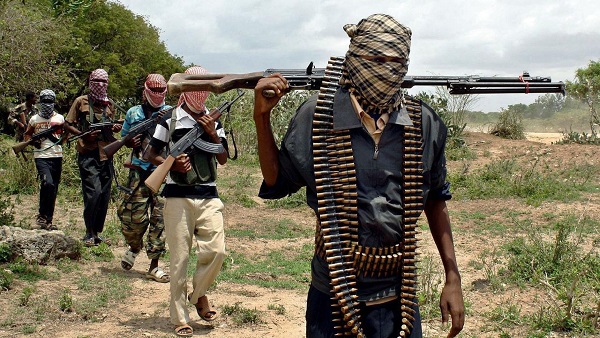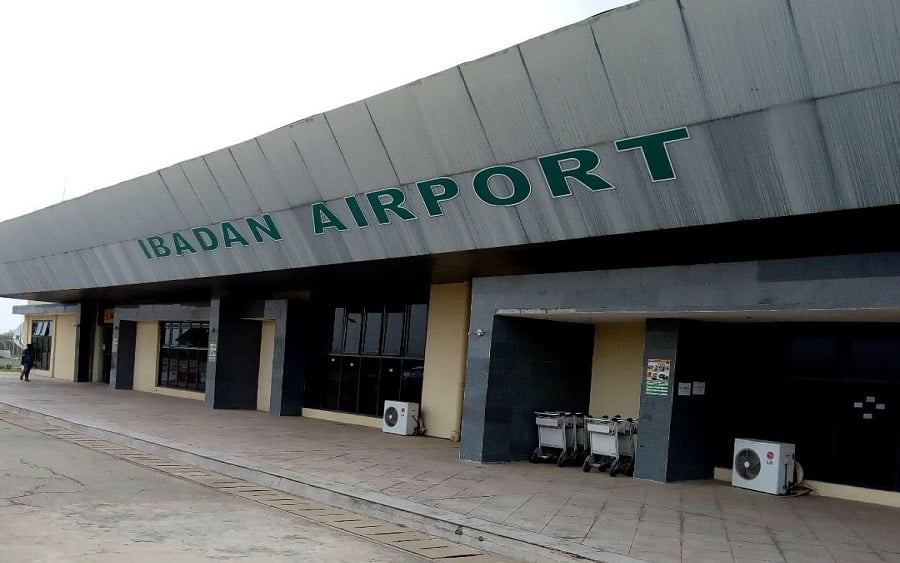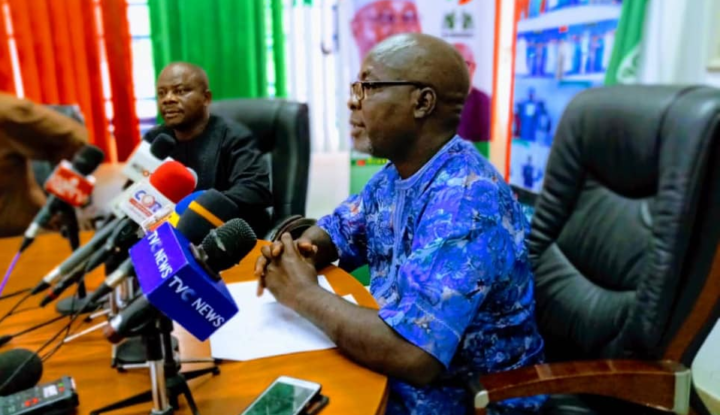BY ODEWALE ABAYOMI
The conflict between farmers and Fulani herdsmen in many parts of Nigeria which began with herdsmen’s brazen incursions into farmlands has snowballed into a spate of kidnappings and killings. However, it seems the herdsmen have enjoyed a rebranding in the media with their heinous actions branded banditry.
The so-called bandits carry out attacks in several parts of the country without abandon and are rather emboldened by the government’s failure to contain their atrocities.
In the wake of regular attacks, Sheik Gumi, a religious leader, and non-state actor met with suspected leaders with suspected leaders of the “bandits” twice to strike a peace deal. Thereafter, he canvassed a blanket amnesty for the terrorists wreaking havoc against defenceless citizens. His controversial proposition of rewarding criminals is a tacit way of abetting crimes – and it indirectly sends a signal to the public that crime pays.
Advertisement
It is untenable to grant amnesty to a group that kills, maims, and kidnaps Nigerians without any justification. This is evident in the unacknowledged peace deal between bandit groups and some northern governors. The attacks have only intensified after the deal.
Moreover, there is a precedent that points to the frivolity of Gumi’s propositions. After the Federal Government initiated the Deradicalisation, Rehabilitation, and Reintegration (DRR) programme for repentant terrorists, there has been a spike in attacks in the Northeast. If nothing, this proves that granting blanket amnesty to bandits will not stem the tide of insecurity but would rather legitimize the group’s actions.
Also, hardly has any apprehended bandit been prosecuted to date and it shows the government has the will to nip them in the bud. Undoubtedly, this is a case of impunity and an insult to grieving families and communities who are still nursing the scars and trauma of losing their loved ones, livelihoods, and properties.
Advertisement
The government, at all levels, can no longer deal with the issue with kid gloves when people are incurring an unquantifiable loss. There is a provision of the law that explicitly spells the punishment for the bandits’ actions.
According to a Washington Post report, Nigerians have paid at least $18 million (N6.85 billion) to liberate themselves or loved ones between 2011 and 2020 after being held hostage by criminal entities. Even after paying over N200 million ransom to the bandits, inhabitants of the Shinkafi local government kept witnessing recurrent attacks. It is foolhardy to think bandits who have now found kidnapping lucrative will revert to their less lucrative cattle grazing business.
The proceeds from the ransoms are used in boosting the operation and procurement of sophisticated weapons through the porous borders to unleash terror. Without a doubt, Nigerians are further endangered and the government should stop paying ransoms.
At this juncture, security operatives can not deny the immense leads on bandits’ hideouts and operations. New tactics are needed to combat the spate of insecurity. Security agencies should review strategies, acquire more sophisticated technology for mapping and aerial surveillance – which will aid precision in tracking and bombarding bandits’ cells and hideouts.
Advertisement
The country is at a tipping point. Security and safety are fundamental for development, food security, growth, survival, and leverage in exercising freedoms. Grave danger looms if Nigeria refuses to crush the so-called banditry.
Odewale Abayomi is a writing fellow at African Liberty. He tweets @ODEWALEAbayomi
Add a comment






